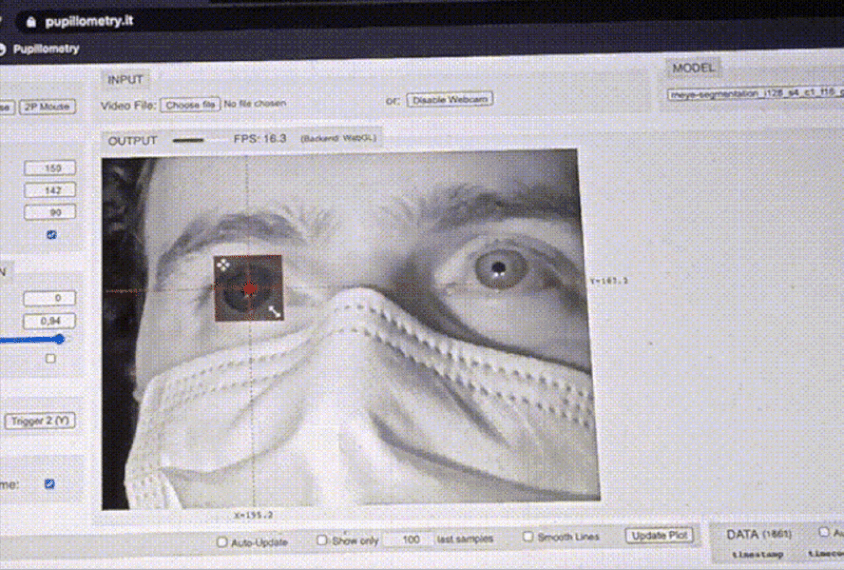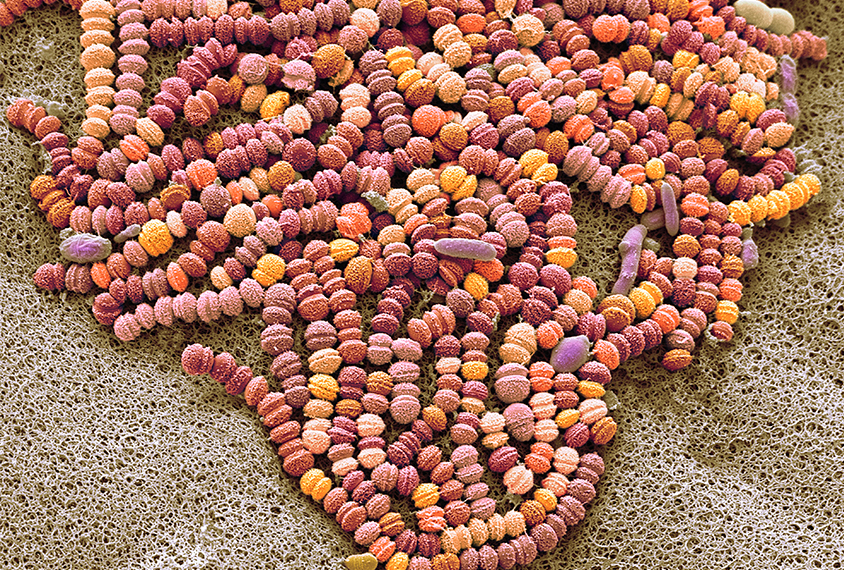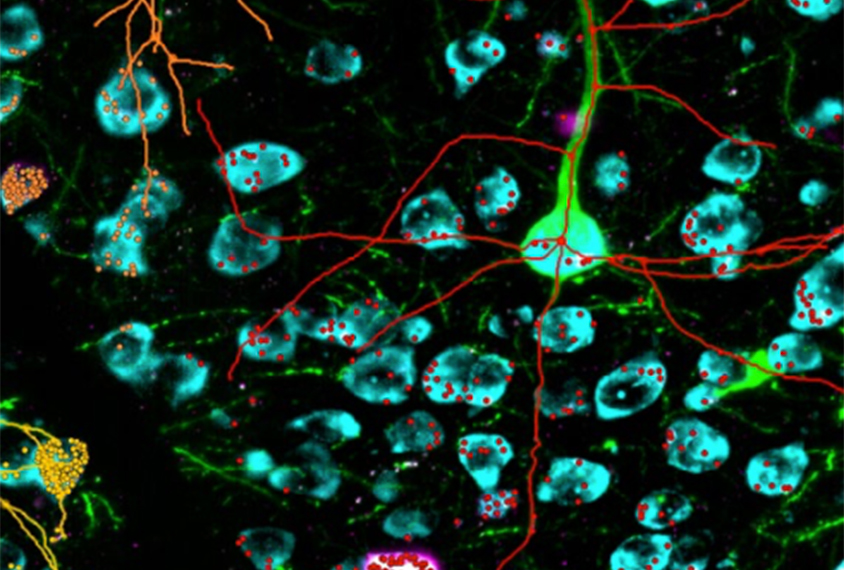Rahul Rao is a freelance science writer, graduate of New York University’s Science, Health and Environmental Reporting Program, and “Doctor Who” fan.

Rahul Rao
From this contributor
Web app tracks pupil size in people, mice
The app relies on artificial intelligence and could help researchers standardize studies of pupil differences in autistic people and in mouse models of autism.
New library catalogs the human gut microbiome
Researchers put hundreds of gut bacteria strains through their paces to chart the compounds each creates — and to help others explore the flora's potential contribution to autism.
New unified toolbox traces, analyzes neurons
‘SNT’ helps researchers sift through microscope images to reconstruct and analyze neurons and their connections.
Explore more from The Transmitter
New connectomes fly beyond the brain
Researchers are mapping the neurons in Drosophila’s ventral nerve cord, where the central nervous system meets the rest of the body.

New connectomes fly beyond the brain
Researchers are mapping the neurons in Drosophila’s ventral nerve cord, where the central nervous system meets the rest of the body.
Building an autism research registry: Q&A with Tony Charman
A purpose-built database of participants who have shared genomic and behavioral data could give clinical trials a boost, Charman says.

Building an autism research registry: Q&A with Tony Charman
A purpose-built database of participants who have shared genomic and behavioral data could give clinical trials a boost, Charman says.
Cerebellar circuit may convert expected pain relief into real thing
The newly identified circuit taps into the brain’s opioid system to provide a top-down form of pain relief.

Cerebellar circuit may convert expected pain relief into real thing
The newly identified circuit taps into the brain’s opioid system to provide a top-down form of pain relief.


